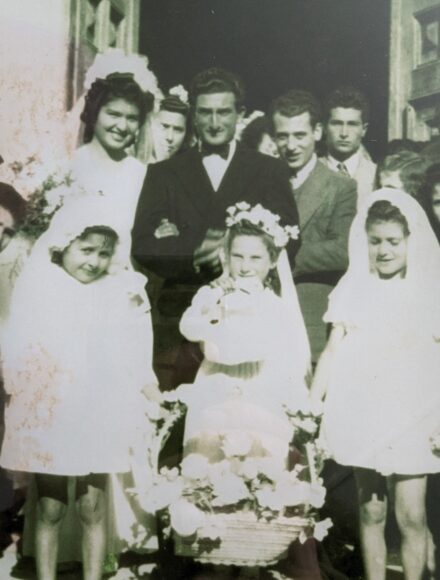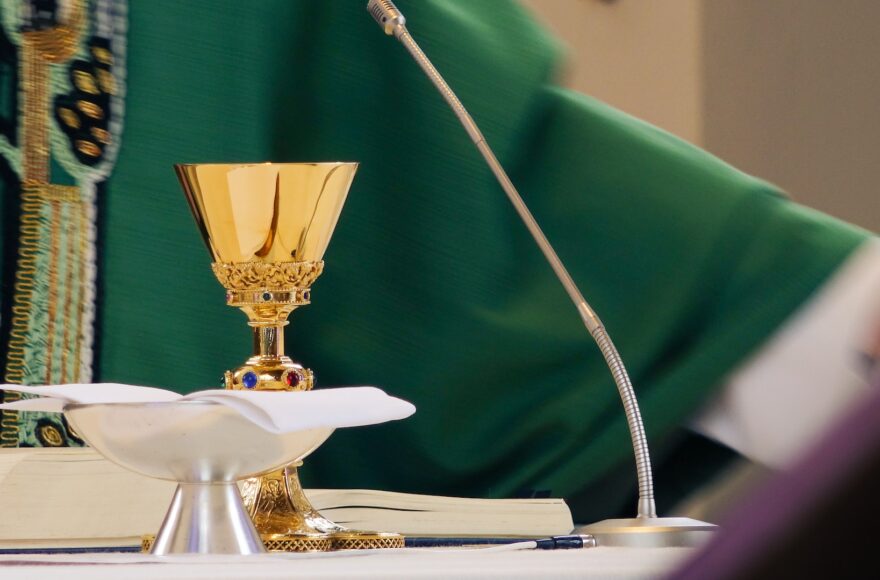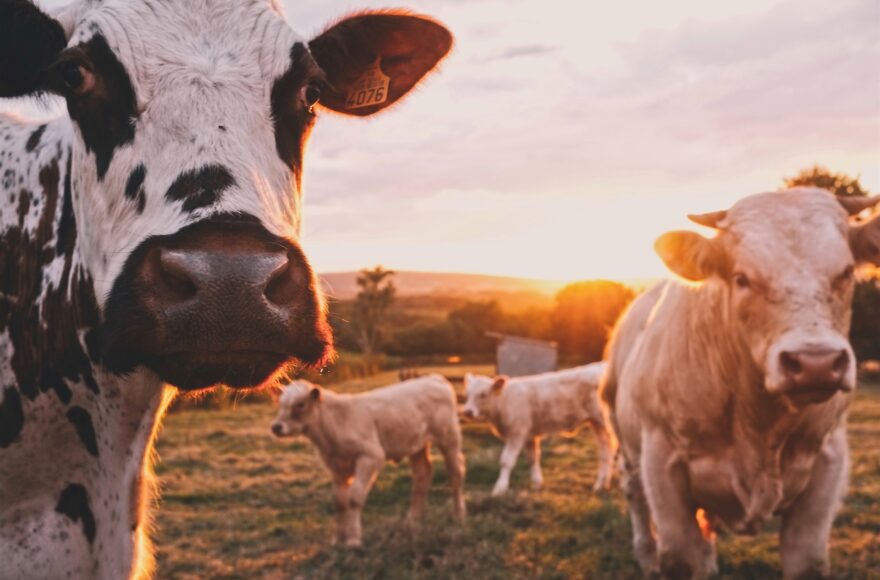My mother’s keepers

“But Mamma, Teresa is only 16 years old.”
“I know. Yes, Teresa is only 16 years old, but she is a woman. I know girls married at 12 or 14 years of age.”
“Mamma, she still sleeps with her dolls. What does she know of men? At 16!!”
I can’t imagine the conversation between my grandmother and one of her daughters-in-law. The subject is my mother, Teresa.
“Yes, Giovanna, she is 16”, my grandmother puts on her earnest voice, trying to explain why 16 should not be a consideration in the marriage they are discussing. “But I am 58. I need to make sure she’s settled before I die. What are you arguing with me about? Giovanna, you know marriage is not about love for a woman. Her father, God bless his soul, died when she was five years old.”
My grandmother crosses herself quickly as if to ward off the devil. She wore the black garments in respect for her husband until her death (Obviously why she never remarried).
“Teresa’s eldest brother, and God should bless his soul as well, died not long after.” Again she crosses herself. The devil had no hope. “It would have been so different if he was still here. If they were both still here.”
“Mamma, Teresa will be fine. She still has 6 siblings, a growing number of brothers and sisters-in-law. Plus, isn’t she very close with her cousin Concettina?”
“Oh please, Giovanna. My son is a hard worker, no one would question that, but he has three daughters who will never marry. What does he, or his wife, know about women? I would bet he has only had sex three times in his entire life.”
Giovanna leans toward my grandmother and whispers, “Mamma, it’s your son you’re talking about.”
My grandmother bats a hand at her daughter-in-law, “Ah! Anyway, I’ve had an ‘ask’ from that Di Stefano boy. I think his name is Pietro.”
My grandmother looks up hesitantly at Giovanna, whose face, as expected, is displaying shock. “What! The family from Quaglio?”
“Yes, Giovanna, that’s right. He is 25 years old.”
“Mamma, the family is nothing. Peasants. Worse, sharecroppers.”
“It’s not worse.”
“Everyone knows Pietro’s father’s stupid agreement with the Lord of the land, Il Signore. They have a tiny plot of land; they’re bound to fail. Do you want your daughter living with that?”
“Who else is there?”
“Of come on, you’re kidding. There’s … ahhh …”
“Yes?” awaits my grandmother.
“Well, if I thought about it long enough, I’m sure I could …”
“I have thought about it, Giovanna, and there is no one.”
“But Mamma, you don’t even like the family.”
“Yes, well…”
“Wait. Mamma, didn’t you point him out during the Festa Della Madonna at how he looked at Teresa?”
“There was nothing lurid or lecherous about his look that day, Giovanna. I think he will care for her.”
“Mamma, he is ignorant.”
“What man is not ignorant? It’s why they need to marry. Pietro has 2 years of primary school education. What more can you expect?”
“Teresa is smart. She looks after the General Store and has learnt the business very quickly. She is like her brother in that sense.”
“Maybe it’s time she acted more like a woman than a man. A business will get her nowhere.”
“Mamma, the world is changing; Sicily is changing. It needs business to survive, and she is good at it.”
“Sicily will never change Giovanna.”
“All I know is that the Di Stefano family is not good at business.”
“Pietro is a hard worker; he can’t be a hard thinker as well. Anyway, he has a beautiful Sicilian cart and mule.”
Mamma, you do know the mule sleeps in the same room as the family?”
“Now you’re being silly. The mule has its own room, which is next to the room the whole family sleeps in.”
Giovanna looks up at her mother-in-law, who is smiling cheekily. They both break into laughter.
Let me give my Grandmother some latitude. She had been alone a long time. She had a large brood growing quickly every day. It was 1950s Italy. Even worse, it was 1950s Sicily. History books of Sicily during WW2 talk of how incommunicable the roads were. There were few, if any, main highways traversing the island. Although Sicily is an island, and my mother was born approx. 20 km from the sea, she never saw the Mediterranean until she was 16.
A few years ago, I did a DNA test and I was over 90% southern Italian. We did not travel far. My Grandmother had started the first General Store in the village. She was well-known and well-regarded. My mother grew up in the business, and she loved it.
To look after her youngest, my grandmother gifted my mother the family home on the proviso that my grandmother would live there until she died (which she did). She also gifted my mother a love of work, something she kept for the rest of her life.
Imagine that, in a backwater village, in a backwater island that had been left destitute by war, two women ran the basic business life of Pedalino. My mother learnt skills my father never had. He thought being a man was the qualifying ingredient for these skills, which they never are.
While my mother immersed herself in business, my grandmother became more involved with bringing up my brother. As grandparents do, she loved him unconditionally. Her thoughts about her newest son-in-law were slightly different.
Where did my father stand?
He lived in a home with two strong women, in a culture where men provided for their families.
He had not provided the house where they lived; it had been gifted by my grandmother.
He did not provide the most income to the family. His wife and mother-in-law were better known in the village and seen as more essential to its existence.
His son was being brought up by his wife’s family. Whenever he tried to discipline Angelo, my grandmother came to my brother’s rescue. (My brother believes our father was overly strict in applying discipline. My brother was the only person he actually had any power over, and he applied it as often as he could.)
My father had little opportunity to prove himself as the ‘man of the house’. So, what could he do? He was to place himself into a corner of his own making. As far as he could see, there was only one way out.

